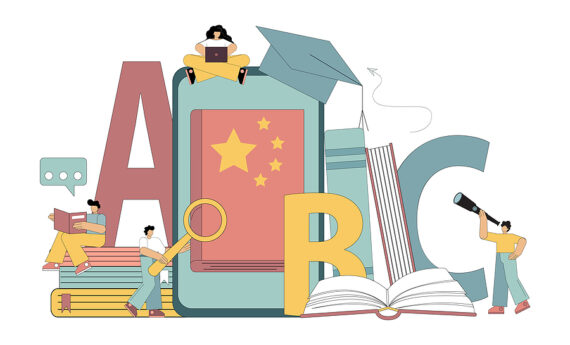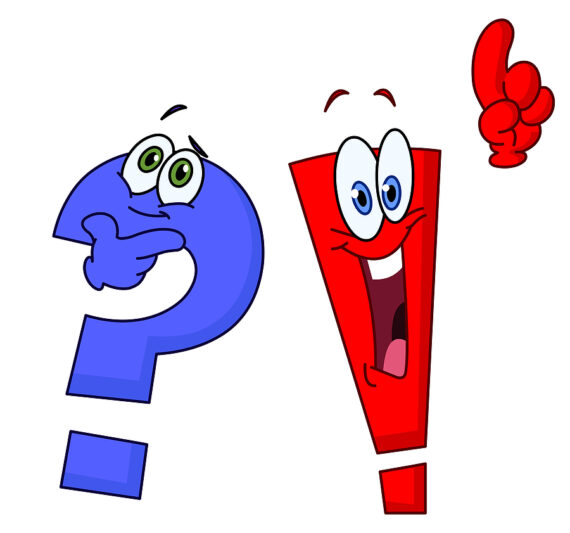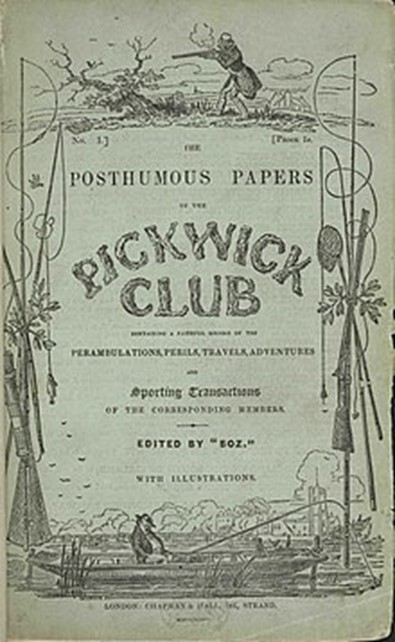The English got their alphabet when Christian monks arrived in the 6th century CE with their Latin alphabet to replace the native runes. Near the end of the 9th century CE, Charlemagne—king of the Franks and Holy Roman emperor—ordered a monk named Alcuin to devise a unified alphabet of letters […]
Patty Copeland
Dictionary Day was October 16th and celebrates the birthday of Noah Webster, considered to be the father of the American dictionary. The Meriam-Webster website says this day celebrates language, emphasizes the importance of learning, and encourages readers to use the dictionary to improve vocabulary. The word “dictionary” was invented by […]
Punctuation Day is celebrated every year on September 24th. Punctuation hasn’t changed much since 1500 (except for the introduction of computers). With the publication of the Guttenberg bible, printing had arrived and required standardized punctuation. Within 50 years that was achieved. […]
International Literacy Day is observed worldwide on September 8th. First celebrated in 1966, its aim is to highlight the importance of literacy to individuals, communities, and societies as a matter of dignity and human rights. On International Literacy Day each year, UNESCO reminds the international community of the status of […]
(I’m posting this now because Thursday September 8th is also International Literacy Day. National Ampersand Day is celebrated on September 8th every year to acknowledge this terrific little symbol. Its creation has been attributed to individuals from Roman orator Cicero’s secretary Tiro to 19th century French physicist and mathematician Andre-Marie […]
Today is National Paperback Book Day. Surprise: who knew it was so interesting? Believe it or not, Charles Dickens is credited with the creation of the mass- market paperback that is ubiquitous today. I wrote a prequel to today’s celebration where I gave a shortened version of a lecture by […]
In prepping a blog for National Paperback Day on July 30th, I stumbled across an accounting of how Charles Dickens is credited as being the creator of the paperback book—though of course, they didn’t call them that then. Dr. Elliot Engle has taught at North Carolina State University, written plays, […]
The fight is over California’s AB5/ABC test versus the IRS test used for over twenty years. Both help determine whether someone should be an independent contractor who charges for their services or an employee who receives wages. I wrote a blog about it a year ago when the fight heated […]
National Library Week was first sponsored by the American Library Association (ALA) in 1958 and is observed in libraries across the country each April. All types of libraries—school, public, academic and institutional—participate. To paraphrase the title of a Japanese adult visual novel, “A Good Librarian is Like a Good Shepherd.” […]
Celebration of Libraries April is a big month for the celebration of books and libraries—all kinds of libraries: school, public, academic, and institutional. The celebration is kicked off with International Children’s Book Day on April 2nd. It’s always held on the 2nd of April, which is also the birthday of […]










